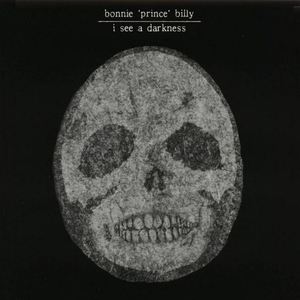
Spiritualized
Lord Can You Hear MeLet It Come Down 2001 via Arista




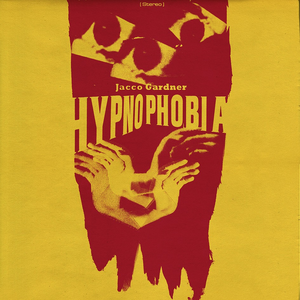
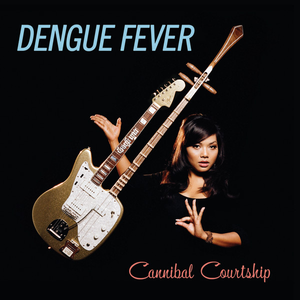


Lonnie Holley was born on February 10, 1950 in Birmingham, Alabama. From the age of five, Holley worked various jobs: picking up trash at a drive-in movie theatre, washing dishes, and cooking. He lived in a whiskey house, on the state fairgrounds, and in several foster homes. His early life was chaotic and Holley was never afforded the pleasure of a real childhood. Since 1979, Holley has devoted his life to the practice of improvisational creativity. His art and music, born out of struggle, hardship, but perhaps more importantly, out of furious curiosity and biological necessity, has manifested itself in drawing, painting, sculpture, photography, performance, and sound. This song was produced by the late-great Richard Swift
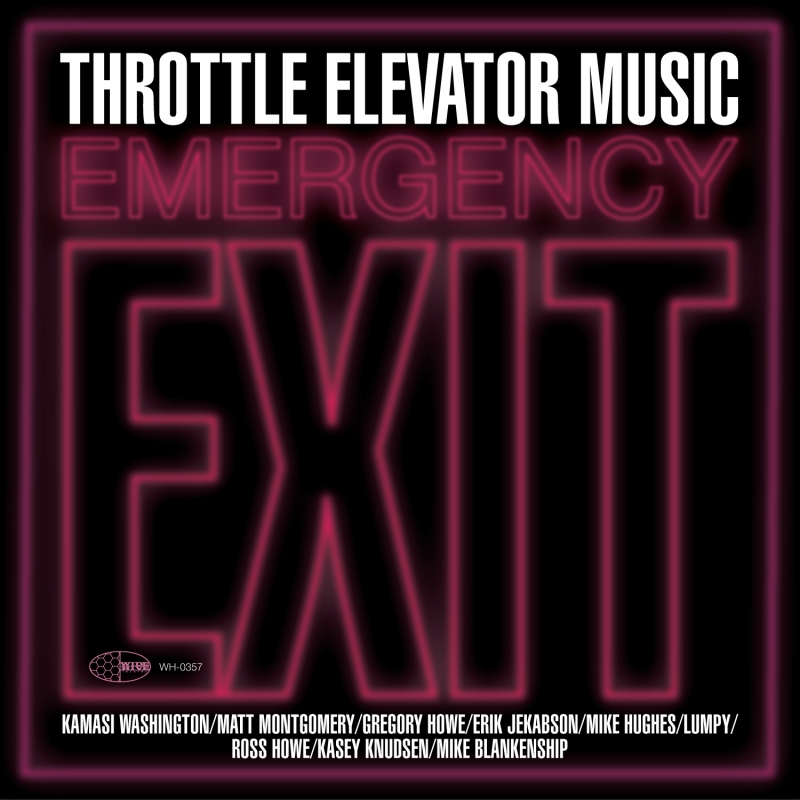
Cross Coltrane with The Clash and it would resemble the departure point Throttle Elevator Music leaps from. Tenor Saxophonist Kamasi Washington takes the lead and raises the bar of instrumental intensity on 16 original compositions ranging from shorter punk minded 45 second flurries to thematic uptempo romps, and rounding out with a few expansionary journeys. Kamasi’s melodic tonality melds nicely into the electric undercurrent laid down by punk drummer/guitarist Mike Hughes, Wide Hive Player’s bassist/keyboardist/composer Matt Montgomery, and Wide Hive Players composer/engineer/producer Gregory Howe.

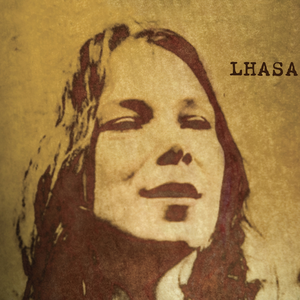
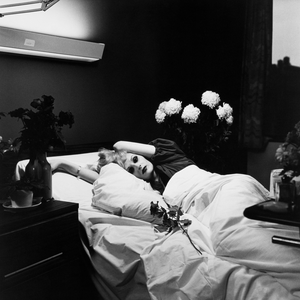



Founded in 1963 by Eddie Disnute Sr, Papa Bear & His Cubs was a family band—Disnute Sr and his six kids—from Hampton, Arkansas. The group toured, recorded at SugarHill Studios and produced an LP—though only two tracks ever surfaced from those sessions. Our favorite, “Sweetest Thing on This Side of Heaven,†is a rich and soulful gospel-influenced track. Disnute Sr taught the kids to sing and play instruments. They would play together until the early ’80s, as their releasing labels Athens of the North puts it: until “the cubs were bears themselves.â€
